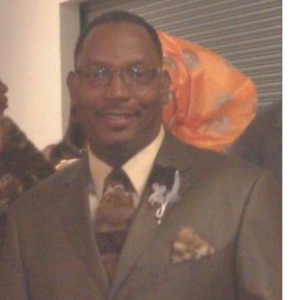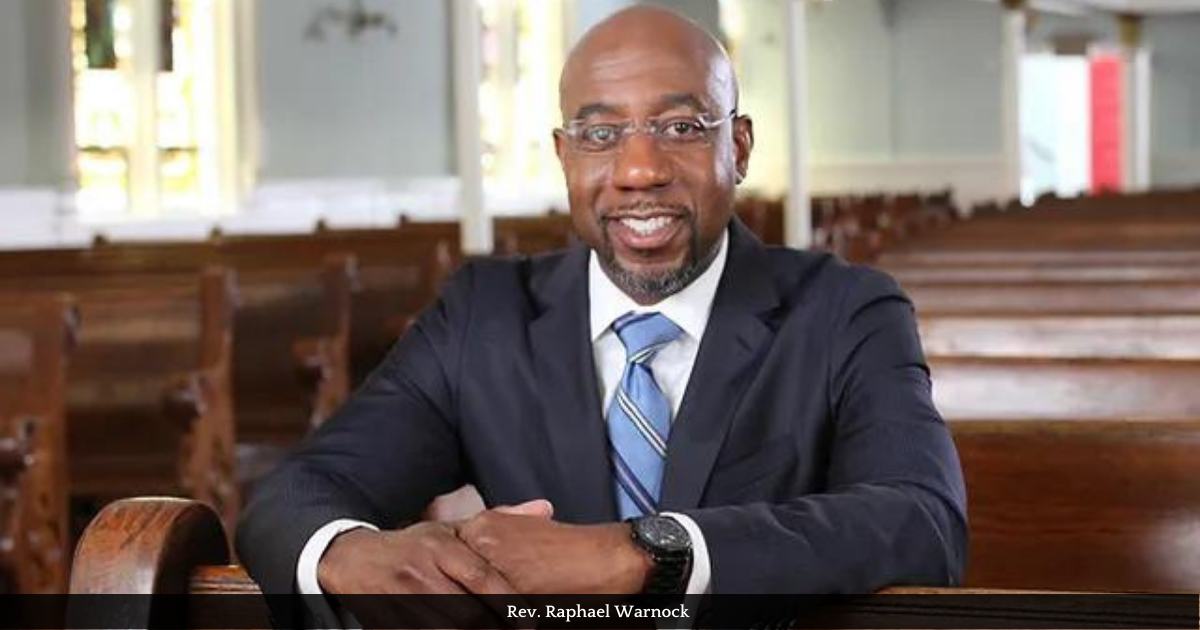There are a number of pastors who have not only run for political office but have held political office; many have done good work in bringing resources to their constituents. Their names are far too numerous to cite in this article but everyone reading this can probably think of the names of at least a few.
In fact, Dr. Martin Luther King, Jr., was asked to consider running for president in the 1968 presidential election. According to Mark Engler and Paul Engler in the January 18, 2021 edition of Rolling Stone Magazine, Dr. King “called a meeting with reporters in April 1967 and announced that he was not interested in running.” King is reported as saying “I have come to think of my role as one which operates outside the realm of partisan politics.”
King went on to organize the Poor Peoples Campaign because it seems he felt he could move the political and economic needles better through what is known as civil resistance. Civil resistance operates on the belief that the masses of people actually have the pivotal power and hold the key to social change. King sought to organize the Poor Peoples Campaign to bring about social change in this nation rather than run for political office.
What does the bible say about pastors or prophets or preachers running for political office? The bible actually has little to say on whether religious leaders should or should not seek political office.
However there are a few biblical examples that provide some insight on the relationship between religious leaders and the political spectrum.
One prominent passage concerns David being challenged and condemned by the prophet Nathan for his adultery with Bathsheba and his having had Bathsheba’s husband Uriah killed. Not much is known about Nathan except that according to the text God sometimes spoke to King David through prophets like Nathan. Nathan does not appear to hold a political office but has proximity to the King to relay God’s messages to the King.
In that respect, Nathan like Dr. King remained outside the political process to influence the political process as God communicated through the prophet.
Another biblical example is that of Amaziah and Amos. In this example Amos has been proclaiming God’s displeasure and condemnation with how the ruling class of political leaders in the Northern region called Israel were treating the most vulnerable, the poor, the widows, the most disadvantaged.
Amos is the prophet, however Amaziah is the priest in Israel. It seems Amaziah’s role is to protect the ruling class by providing cover for them in his priestly position. Amaziah thus hurls accusations and attacks at Amos for his condemnations of the political elite.
Amaziah’s purpose in this case, acting as a priest and not a prophet, was to insure his proximity to power but not attempting to influence power to good for the people. In that way Amaziah is protecting his own self-interest rather than that of the people who were most in need, though he too in many respects like Amos, is outside the political spectrum.
This example once again does not give clarity on whether a pastor or preacher should run for office but it does indicate, similar to Dr. King’s reason for not running for president, that prophets, preachers and pastors do well to work outside of partisan politics to bring about social change, economic advancement and to hold political leaders accountable to, in the words of Obery Hendricks “treat the people’s needs as Holy.”
What scripture is illustrating is that prophets of God and not the government agitate and advocate on God’s behalf to hold elected officials’ feet to the fire so they will prioritize the people’s needs over profit.
The question of whether a pastor or preacher should run for political office is not a question that can be answered definitively as there are pastors who have held political office with integrity and been able to lobby and legislate for needed resources for their constituents.
On the other hand there are biblical examples that also show there’s a powerful role that prophets played in scriptures to call into question reckless behavior and oppressive policies that the political elite holding office oftentimes levy against the people they are supposed to protect.
It’s hard to hold a political party accountable and hold office, while at the same time behaving as Amos, or Isaiah, or Jeremiah or in modern times, a Dr. King, who had to take unpopular stands such as opposing the Viet-Nam war which implicated the Democratic Party to which many Black Americans had gravitated, and keep an elected seat.
King’s stance alienated him not just from President Johnson but from nearly all of the leading voices who headed the leading organizations dedicated to the uplifting of the Black race. King was ostracized by just about all of these Black leaders because his stance on the war and poverty upset the political structure that many wanted to pacify.
By the way, Jesus never held political office and was lynched/crucified as a political insurgent and threat to the brutal government of Rome and the patsy political leadership of Herod and the priest.
I end with a quote from the late Dr. Gardner C. Taylor who once pointed out that he was one of three who held political influence in his borough of King’s County, New York.
Dr. Taylor said he began to see that the “smoke of the backroom began to seep into the Upper Room” and he gave up his role in partisan politics to focus exclusively on the needs of the people, like King did as an outside agitator. To act as both preacher and politician means accepting some potentially uncomfortable compromises.
Jesus said “You shall know the truth and the truth shall make you free.” Be Free today!

Rev. Dr. John E. Jackson, Sr. is the Senior Pastor of Trinity United Church of Christ-Gary, 1276 W. 20th Ave. in Gary. “We are not just another church but we are a culturally conscious, Christ-centered church, committed to the community; We are Unashamedly Black and Unapologetically Christian.” Contact the church by email at [email protected] or by phone at 219-944-0500.






